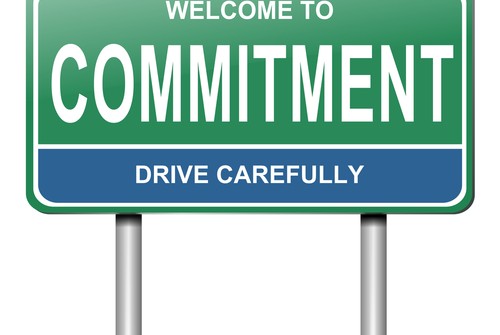Five Things to Check Before Submitting College Applications
/With the first semester almost under the belts of seniors across the country, the college application process is coming to a close. Deadlines are quickly approaching and it is easy to become completely overwhelmed by last minute application tid-bits. Here are some important key points to keep in mind and double check before submitting your applications.
Did You Say Essays?
Probably the most difficult aspect of completing your college applications is getting your personal statements, insight questions, and any other essay material the best it could be. The more common essays applicants have seen are the UC personal insight questions, and the Common Application personal statements. Before submitting these writing materials, make sure that these essays have been revised and edited multiple times, showcasing the most positive aspects of yourself to the college admissions.
Keep in mind that different colleges require different writing supplements. The UC, or University of California, system requires applicants to submit four out of the eight writing prompts, and the Common Application requires just one personal statement essay. In some cases, colleges may request more than just the standard, required essays. For example, colleges on the Common App, (like Chapman University and New York University just to name a few) require a writing supplement that is uniquely tailored for their school. Research the colleges you are applying to, and make sure you do not miss any additional supplement essays or questions that are specific to that college.
Reminding Recommenders
By now, if you are applying to private universities or other colleges that require letters of recommendations, then you should have already asked your teachers, adviser, and counselors for their time and help. The adults writing your letters of recommendations have their own lives happening too, and most likely have a list of several students who need letters also. During this process, it is crucial that you continuously check up on your recommenders and remind them of any deadlines coming up and other important factors of your application they may need to look at. I suggest that you set a designated time before the applications are due to sit down, and talk to your recommenders about not only their letters, but the application as a whole as well. Help them through the Common App site if they are having trouble, and seek their pair of eyes to look over your application one more time before submitting it. Your teachers and advisers understand that this is a stressful time, but if you work together you will get that application in hot and ready!
Of Test Scores and Transcripts
Next to essays and letters of recommendations, submitting your official test scores and school grades come in a hard third place. Although these may not be at the top of your list (especially with those daunting essays in your mind) these are nonetheless just as important. Official test scores, the SAT and ACT, are serious requirements for most, if not all, colleges around the nation and even the world. Look at the requirements at each of your schools, if they request a certain test or not, and make sure that the scores are submitted.
Your official high school transcripts should be taken care of by your school counselor, but it doesn’t hurt to remind them and make sure that they will submit that as well. On the other hand, applications require you to manually type in your transcript and the grades you have earned in the classes you have taken. Double check that section of your application and watch out for any grading mistakes or missing courses. Colleges will match your official transcript to what you typed in the application, and you do not want a little mistake to be mistaken as a lie.
Proofread Like a Boss!
When you think that you are ready to turn in your application, think again! Edit and proofread every section of your application, despite how little or insignificant you think it may be. Your computer is a robot and won’t catch the human mistakes you make, such as repeating a word or phrase and misspelling an acronym or abbreviation. The best way to get the greatest result is printing your application and reviewing it without that electronic screen. Your eyes will see more without the bright lights from your computer, and you won’t accidentally click “submit” instead of “back.”
The More the Merrier
Whether it is two o’clock in the morning or two o’clock in the afternoon, you never know what kind of evil games your mind or eyes are playing on you. Having another pair of eyes, or even a handful more, will catch more mistakes than you ever will on your application. Get your friends, family members, coaches, teachers, anyone to spare no more than maybe fifteen minutes reading over your application and checking for any errors you may have missed. In addition to that, have an English teacher review your essays to give meaningful insight and advice on how to improve it, and of course check for any misspelled words and awkward phrases in your writing.
There is only a few weeks (and less than two months for those Common App peeps) to submit your applications and hope for the best. The best applications are the ones that are completed fully, so don’t forget to have your apps and essays edited multiple times by different sets of eyes. I myself am in the midst of finishing up and submitting my first batch of applications. The most helpful key point I can factor out is to stay calm and organized until the very end of application season. Best of luck to all my seniors out there!



























